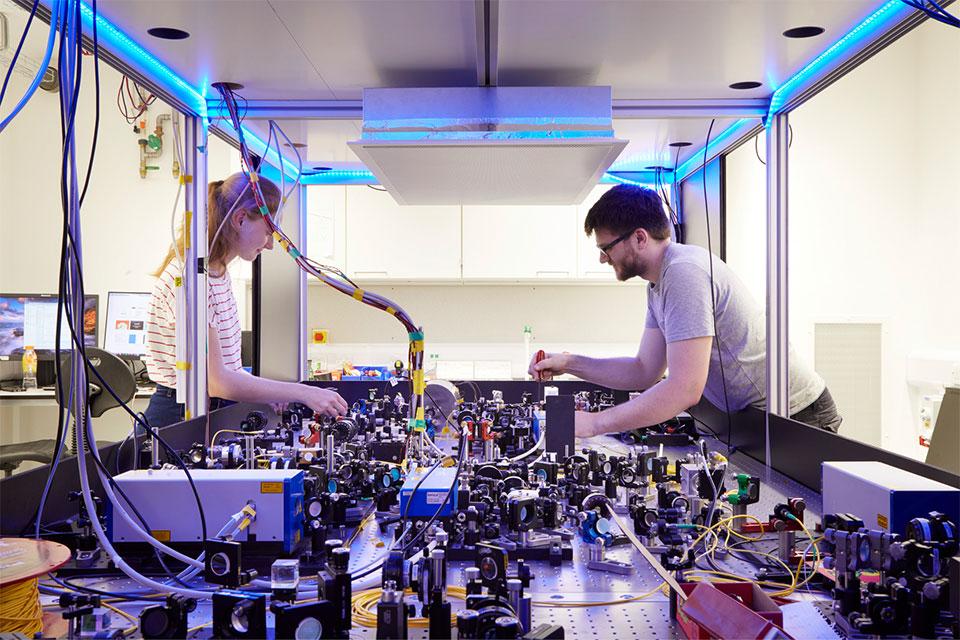Beecroft Building
Prof. Claudio Conti, University Sapienza, Rome
Abstract:
Nonlinear and disordered photonic systems exhibit intricate dynamics, encompassing extreme events like rogue waves and non-trivial statistical behaviors. Remarkably, the application of spin-glass theory provides a fitting theoretical framework to elucidate the complexities inherent in these nonlinear optical systems. Experiments involving disordered lasers and nonlinear optical propagation have unveiled direct evidence of Replica Symmetry-Breaking transitions, a pivotal prediction of the spin-glass theory that had eluded confirmation for decades.
While spin-glass theory has found prominence in modern machine learning, combinatorial optimizations, and artificial intelligence, its interdisciplinary connections with photonic systems present a compelling opportunity. We explore the potential to harness these connections to develop innovative Non-Von Neumann devices tailored for large-scale computing.
An introductory review of photonic spin glasses theory and experiments is presented alongside new findings that pave the way toward a new generation of computing devices demonstrating superior scalability compared to existing quantum annealers and Ising machines.
References
1. N. Ghofraniha, et al., Experimental evidence of replica symmetry breaking in random lasers, Nature Communications 6, 6058 (2015)
2. D. Pierangeli, et al., Large-scale photonic Ising machine by spatial light modulation, Phys. Rev. Lett. 122, 213902 (2019)
3. M. Calvanse Strinati, et al., Hyperscaling in the coherent hyperspin machine, Phys. Rev. Lett. 132 (2024)

